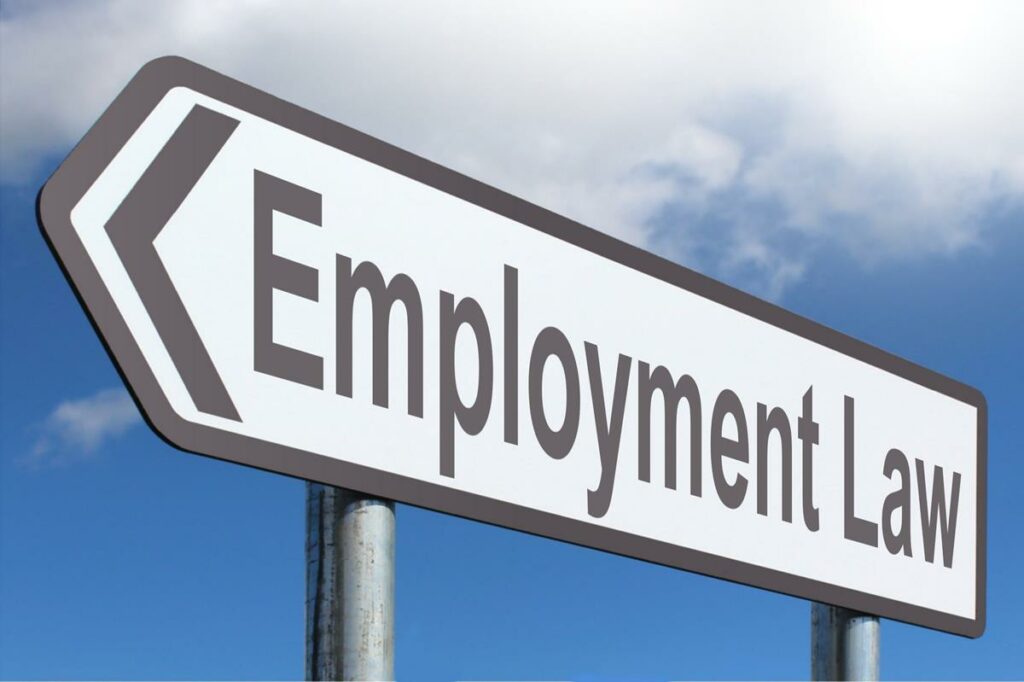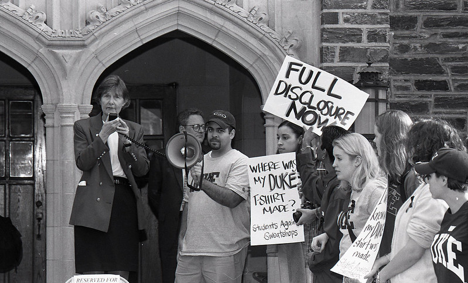
The COVID-19 pandemic has shined a bright light on extant structural inequality. Differences in labor market outcomes and economic security between unionized and non-unionized workers are no exception. It has become increasingly clear that non-unionized workers are less shielded from the economic impacts of the pandemic and that many of these workers are disproportionately Black and Hispanic.
Unions do a great deal to challenge economic inequality. Unions do this by increasing baseline wages among workers, stabilizing promotion decisions reducing their arbitrariness, and providing other resources like job training and skill development. Although unionization benefits all workers, its effects are particularly apparent among already marginalized groups.
Continue Reading…








